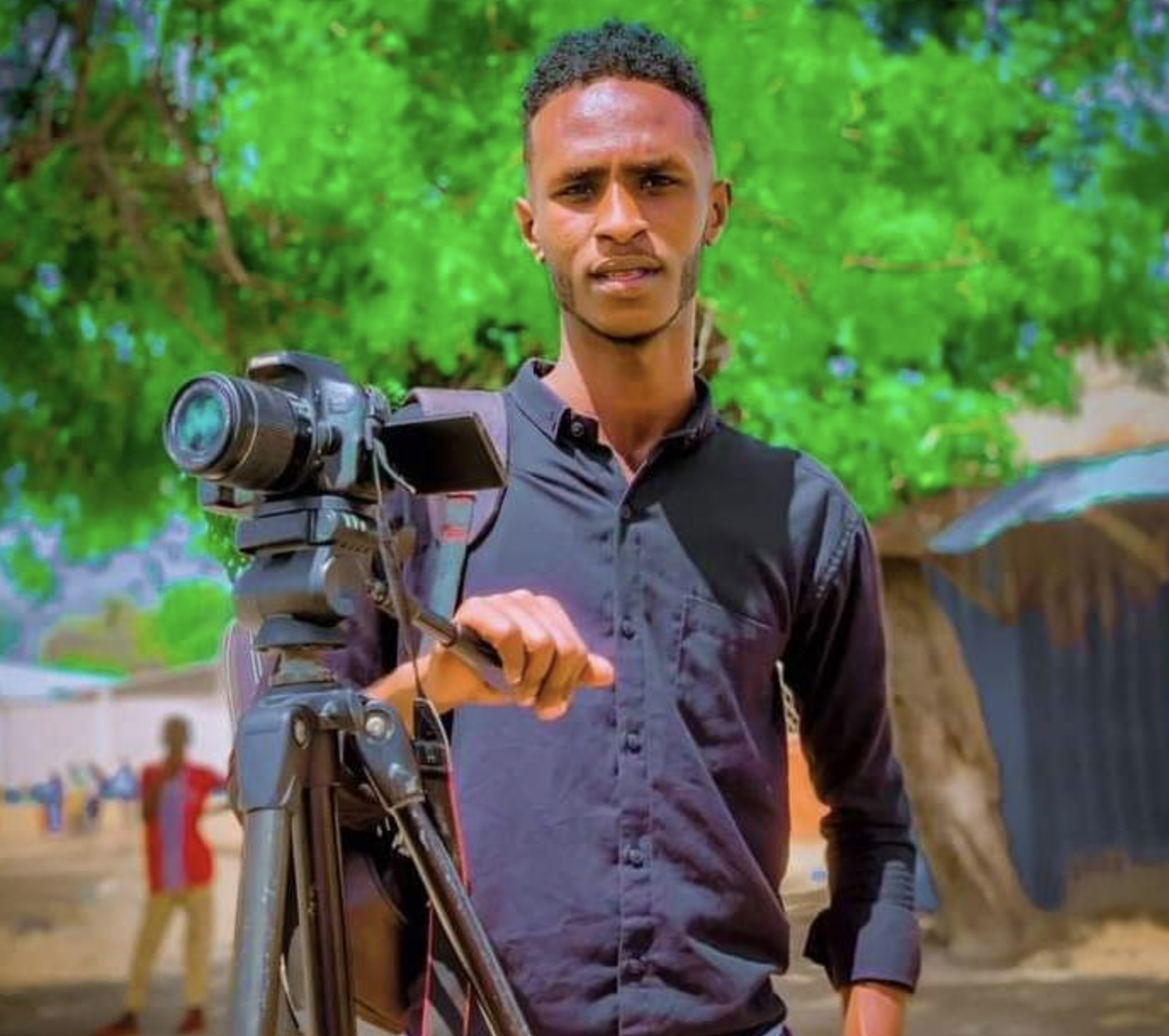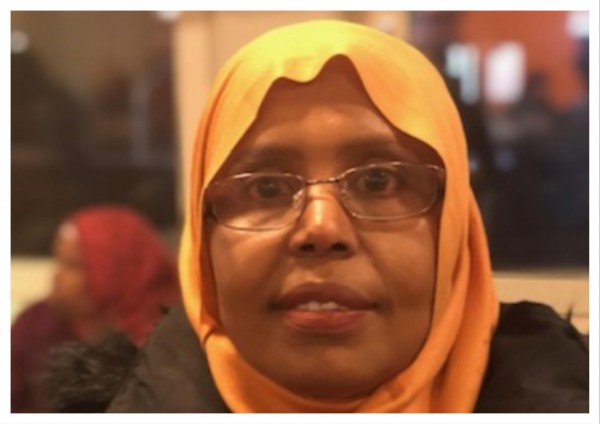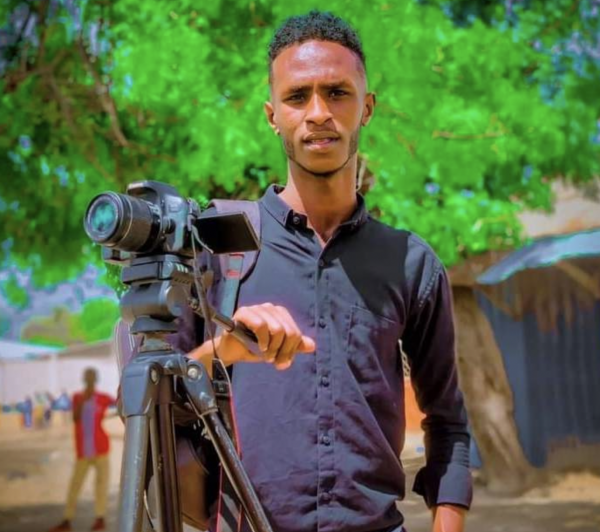The IPI global network reiterates its past calls on Somali authorities to end impunity in the country. The press freedom situation in Somalia remains deeply concerning, as journalists continue to face harassment and threats from both the Somali government and the militant group Al-Shabaab. In addition to verbal and physical threats, journalists in Somalia also face persecution, unlawful arrests, and censorship.
Impunity for attacks on the press remains alarmingly high. In particular, most killings of journalists in Somalia remain unsolved. Even in the few cases where investigations have taken place, accountability is rare, and perpetrators are seldom brought to justice. According to UNESCO’s Observatory of Killed Journalists 79 journalists have been killed in Somalia since 1993 and out of those 54 remain unsolved. As we mark the anniversaries of several journalist killings this month, IPI renews our previous call on the authorities to thoroughly and transparently investigate all killings of journalists and hold the perpetrators to account.
Anniversaries of multiple journalist killings in September
Nearly a year ago, in collaboration with the Somali Journalists Syndicate (SJS), IPI raised concerns over the lack of progress in 11 unresolved cases and urged authorities to take stronger measures to protect journalists. The oldest of these cases dates back to 2016, yet there has been little to no progress. This inquiry to the authorities went unanswered. As yet another year has passed without justice, IPI demands that authorities end impunity in Somalia.
This September sees the anniversaries of several unsolved journalist killings in Somalia, including:
On September 19, 2018, journalist Abdirisak Said Osman of Radio Codka Nabadda was attacked on his way home from work by a group of unidentified assailants. He was stabbed and beaten with sticks, ultimately dying from internal bleeding. The motive for the attack remains unclear, but Abdirisak had reported a series of stories about insecurity in Galkayo, central Somalia. In these reports, he interviewed locals who expressed concerns about criminal gangs and terrorists, with some identifying the militant group Al-Shabaab as a key source of insecurity in the area.
On September 27, 2016, Abdiasis Mohamed Ali, who hosted the morning news program for Radio Shabelle, was shot dead by two gunmen on motorbikes while traveling in northern Mogadishu. The motive behind his killing remains unknown.
On September 30, 2022, Ahmed Mohamed Shukur, a journalist and camera operator for Somali National Television (SNTV), was killed in an improvised explosive attack while covering a military operation against Al-Shabaab in Basra town, near Mogadishu. He was on assignment, reporting on a counter-terrorism operation when the incident occurred.
Lack of progress
According to IPI research, there has been no movement in these cases and no one has been held accountable for these crimes. As we underscored in our letter last year, Somalia’s Federal Constitution guarantees the right to freedom of expression. Somalia is also a signatory to the African Charter on Human and Peoples’ Rights. Article 9 of the Charter explicitly protects media freedom. These commitments obligate the Somali government to ensure press freedom and the safety of journalists, including the investigation of crimes against them and the prosecution of those responsible.



